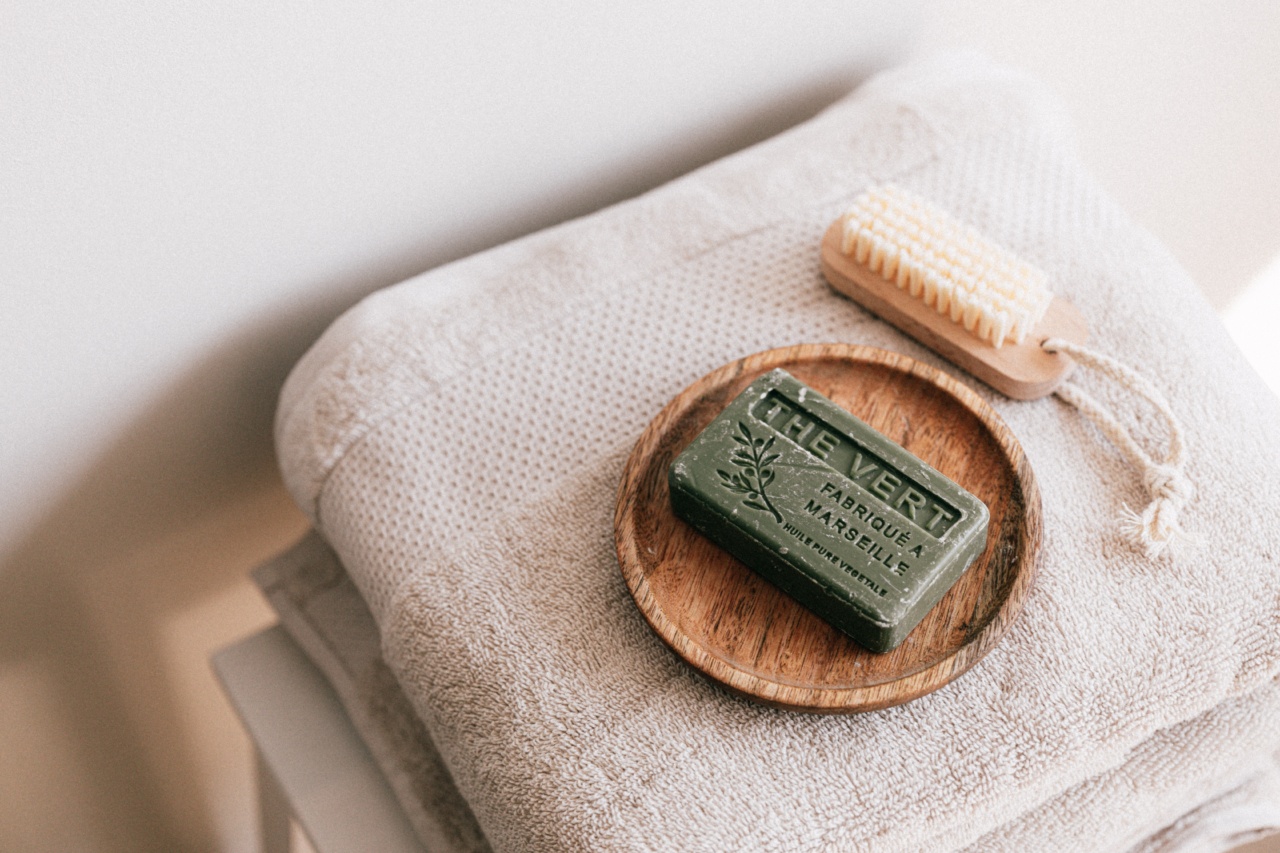Dry skin is a common condition that affects many individuals. Although it may seem like a minor issue, it can cause discomfort, itchiness, and even serious skin conditions if left untreated.
Dry skin occurs when the outermost layer of the skin loses its moisture and natural oils, leading to an impaired skin barrier function.
While dry skin can affect any part of the body, it is most commonly observed on the arms, legs, hands, and face. Symptoms of dry skin may vary from mild to severe and can include:.
- Tightness or feeling of skin being stretched
- Redness or inflammation
- Rough, scaly, or flaky skin
- Itching or irritation
- Cracks or fissures on the skin
- Fine lines and wrinkles
Causes of Dry Skin
Several factors can contribute to the development of dry skin:.
1. Weather Conditions
Harsh weather conditions, particularly cold and dry environments, can strip the skin of its natural moisture. Low humidity levels during winter months can exacerbate dryness, leading to more severe symptoms.
2. Hot Showers
While a hot shower may feel relaxing, it can actually worsen dry skin. Prolonged exposure to hot water can strip away the natural oils from the skin, leaving it dry and dehydrated.
It is advisable to use lukewarm water and limit shower time to prevent excessive dryness.
3. Harsh Soaps and Cleansers
Using harsh soaps or cleansers that contain chemicals or fragrances can disrupt the skin’s natural balance and strip away its protective oils. Opting for gentle and moisturizing cleansers helps maintain the skin’s moisture barrier.
4. Age
Dry skin is more common as we age. The skin naturally becomes thinner and produces fewer oils, resulting in increased dryness. Additionally, hormonal changes during menopause can contribute to dryness and itchiness.
5. Skin Conditions
Some skin conditions like eczema, psoriasis, and dermatitis can cause dry skin as a symptom. These conditions disrupt the skin’s normal processes, leading to inflammation and dryness.
Importance of Proper Skincare Routine
Establishing a proper skincare routine is vital for maintaining healthy and hydrated skin. Here are some essential steps to include:.
1. Gentle Cleansing
Using a gentle cleanser helps remove impurities without stripping the skin of its natural oils. Avoid soaps with harsh chemicals and opt for pH-balanced cleansers that are suitable for dry skin.
2. Exfoliation
Regular exfoliation removes dead skin cells and allows moisturizers to penetrate more effectively. However, it is crucial to use gentle exfoliants and avoid over-exfoliating, as it can cause irritation and further dryness.
3. Hydration
Moisturizing is key for dry skin. Choose a moisturizer specifically formulated for dry skin and apply it after cleansing, both in the morning and evening. Look for ingredients like hyaluronic acid, glycerin, and ceramides, which help retain moisture.
4. Sun Protection
Even if it may not seem obvious, sun exposure can further dehydrate the skin. Protect your skin with a broad-spectrum sunscreen with at least SPF 30. Reapply every two hours, especially when spending prolonged periods outdoors.
5. Lifestyle Choices
Certain lifestyle choices can impact the health of your skin. Stay adequately hydrated by drinking enough water throughout the day. Avoid long, hot showers, and consider using a humidifier to add moisture to the air in dry environments.
Treating Dry Skin
If you are experiencing persistent dryness or discomfort, it is advisable to consult a dermatologist. They can recommend suitable treatments based on the severity and underlying causes of your dry skin. Some common dry skin treatments include:.
1. Prescription Moisturizers
In severe cases, a dermatologist may prescribe a stronger moisturizer or barrier repair cream that contains ingredients like urea or lactic acid. These help repair and restore the skin’s natural barrier function.
2. Topical Steroids
Corticosteroid creams or ointments may be prescribed for individuals with dry skin caused by inflammatory skin conditions. However, long-term use of topical steroids should be carefully monitored by a healthcare professional.
3. Prescription Medications
In some cases, systemic medications may be necessary to address underlying skin conditions contributing to dryness. These medications should only be taken under medical supervision.
4. Lifestyle Changes
Addressing lifestyle factors can significantly improve dry skin. Managing stress levels, maintaining a balanced diet rich in vitamins and minerals, and avoiding excessive alcohol consumption and smoking can promote healthier skin.
Conclusion
Dry skin is not merely a cosmetic concern. It can cause discomfort, itchiness, and even lead to more severe skin conditions. Understanding the causes and implementing an effective skincare routine is paramount for maintaining healthy and hydrated skin.
By taking the necessary steps, such as using gentle cleansers, moisturizing regularly, and protecting the skin from harsh conditions, individuals can help prevent and alleviate dry skin symptoms.





























